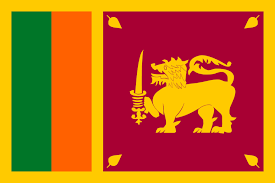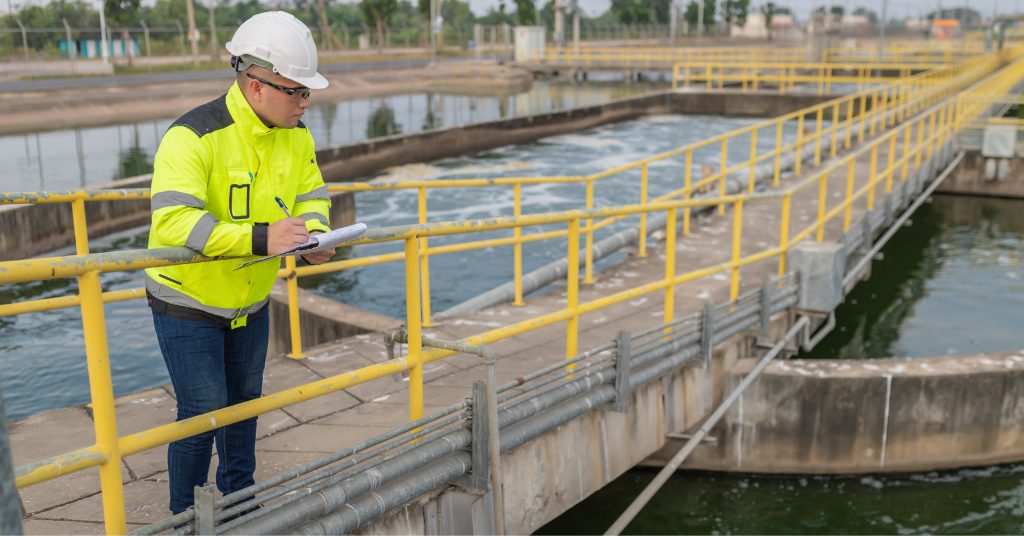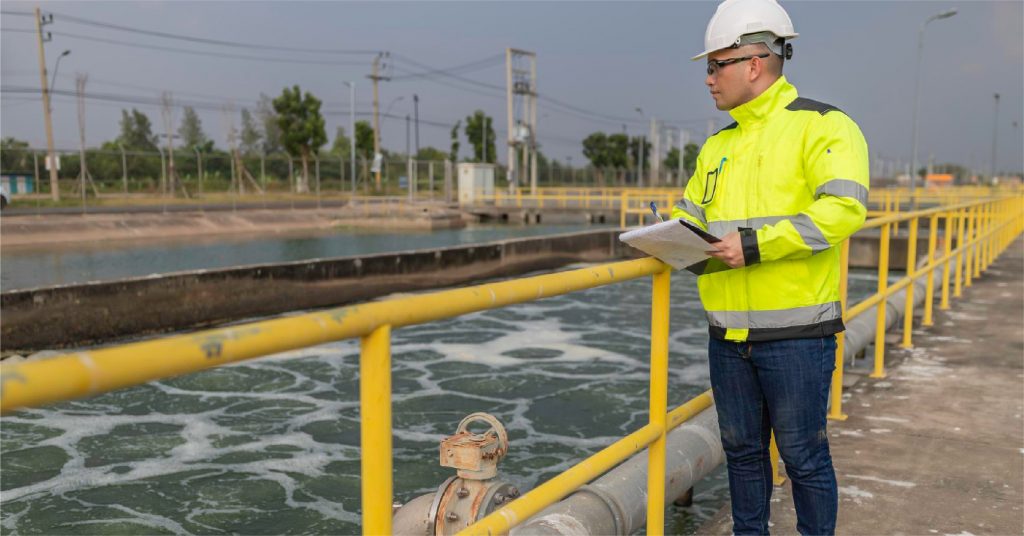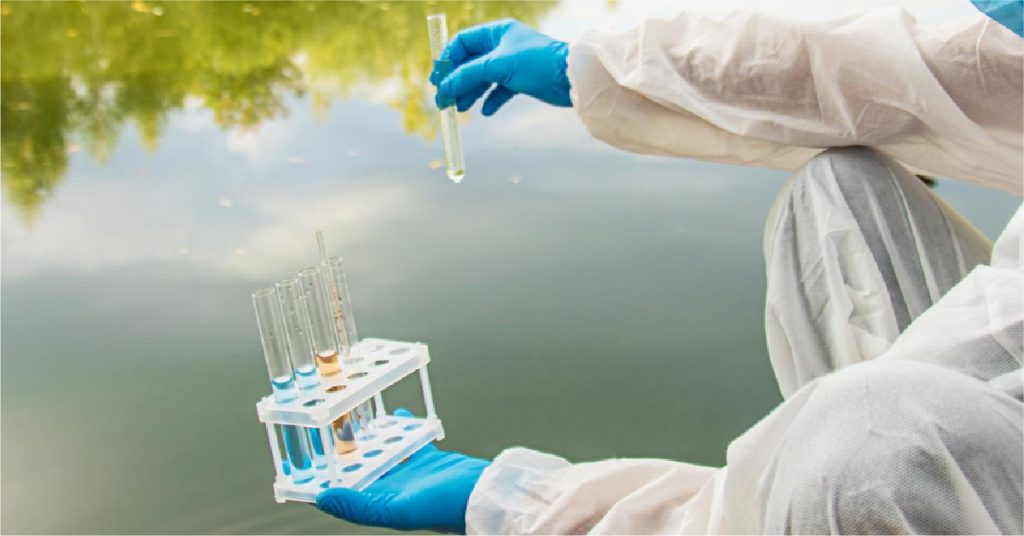Sri Lanka, an island nation with a tropical climate, faces significant challenges regarding water resources and their management. The country’s growing population, rapid urbanization, and industrial expansion have led to an increased demand for water while simultaneously creating more waste water that needs proper treatment and disposal. Managing this waste water effectively is crucial for sustaining Sri Lanka’s public health, environmental protection, and long-term economic growth. This guide delves into the intricate aspects of waste water management in Sri Lanka, covering the importance of the process, the role of waste water management plants, the challenges faced, and future innovations.
What is Waste Water Management?
Before diving into specific systems and plants, it’s essential to answer the question, What is waste water management? Waste water management refers to the process of collecting, treating, and disposing of water that has been used in homes, industries, and agriculture. This water, contaminated by waste and pollutants, needs to be treated before it can be safely discharged into the environment or reused.
The primary goal is to prevent pollution and protect water resources, ensuring that human health and ecosystems are safeguarded. Waste water management plants are the backbone of any comprehensive waste water treatment strategy. These plants handle the treatment of collected waste water through various processes designed to remove contaminants and produce water that is safe for reuse or discharge.
How Waste Water Management Plants Work
A typical waste water management plant operates in multiple stages.
- Initially, waste water undergoes primary treatment, where large debris and solid waste are removed.
- Secondary treatment involves biological processes where bacteria and other microorganisms break down organic material.
- Finally, during tertiary treatment, advanced chemical processes are used to eliminate any remaining pollutants, including harmful chemicals or pathogens.
Types of Treatment Systems
In Sri Lanka, waste water management plants utilize several types of treatment methods, depending on the nature of the waste and the specific requirements of the region. These include:
- Physical treatment: This involves removing solids and debris through filtration and sedimentation.
- Biological treatment: The breakdown of organic material using microbes, which is essential for treating domestic waste water.
- Chemical treatment: Advanced chemical processes are used to neutralize hazardous chemicals or pathogens, commonly found in industrial waste water.
Challenges of Waste Water Management in Sri Lanka
While Sri Lanka has made significant strides in implementing waste water management systems, several challenges continue to hinder the full effectiveness of these efforts.
- Urbanization and Population Growth
Sri Lanka’s population has been steadily growing, especially in urban areas like Colombo. Rapid urbanization has put immense pressure on the existing waste water management infrastructure. As cities expand, more waste water is generated, but the systems in place often struggle to keep up with this increased load.
- Industrial Waste
The rise of industrial zones, particularly in sectors like textiles, agriculture, and pharmaceuticals, has led to an increase in industrial waste water. This waste contains harmful chemicals and pollutants, making it more difficult to treat compared to domestic waste water. Managing this type of waste water requires specialized plants and more stringent regulations.
- Environmental Concerns
Inadequate or inefficient waste water treatment poses severe environmental risks, including water pollution, the contamination of rivers and lakes, and harm to wildlife. Poor waste water management can also lead to public health issues, with waterborne diseases becoming more common in areas where untreated waste water enters the local water supply.
Innovative Approaches to Waste Water Management in Sri Lanka
Sri Lanka has recognized the urgent need to improve its waste water management systems and has introduced several innovative approaches to address this issue. Emerging technologies like decentralized treatment systems, which focus on treating waste water closer to its source, are gaining traction. Advanced monitoring tools and real-time data analytics are also being used to optimize the efficiency of waste water management plants.
Government Initiatives and Regulations
The Sri Lankan government has introduced several policies and regulations aimed at improving waste water management. These include stricter standards for waste water discharge, incentives for industries to invest in waste water treatment technologies, and public awareness campaigns. Government support is also being extended to rural areas, where community-based waste water treatment systems are being implemented.
Cutting-Edge Waste Water Treatment Solutions by Ion Exchange
Ion Exchange pioneers water management solutions by focusing on waste water recycling and source reduction, while their waste management systems emphasize product recovery and waste minimization. They utilize integrated systems that incorporate innovative, energy-efficient, and cost-effective technologies like membranes, advanced oxidation, and evaporation. These systems conserve water by recycling waste water and recovering valuable products for reuse, achieving zero liquid discharge objectives. This not only provides customers with a strong return on investment but also contributes to environmental protection.
Ion Exchange carefully select the most appropriate technologies based on thorough studies, surveys, and pilot testing. Their solutions cater to various industries, including power plants, fertilizers, electronics, textiles, chemicals, food & beverage, pulp & paper, pharmaceuticals, and automotive sectors, enabling efficient recovery and reuse of water and products. Our products include:
- Waste Water Systems
- Water Recycle
- Zero Liquid Discharge (ZLD)
Conclusion
Waste water management is a critical issue for Sri Lanka, with far-reaching implications for public health, environmental sustainability, and economic growth. By understanding what is waste water management and the role of waste water management plants, Sri Lanka is working toward a cleaner and healthier future. However, challenges like urbanization, industrial waste, and environmental concerns remain. Through innovative approaches, government initiatives, and global partnerships, Sri Lanka is taking important steps to improve its waste water management infrastructure.





